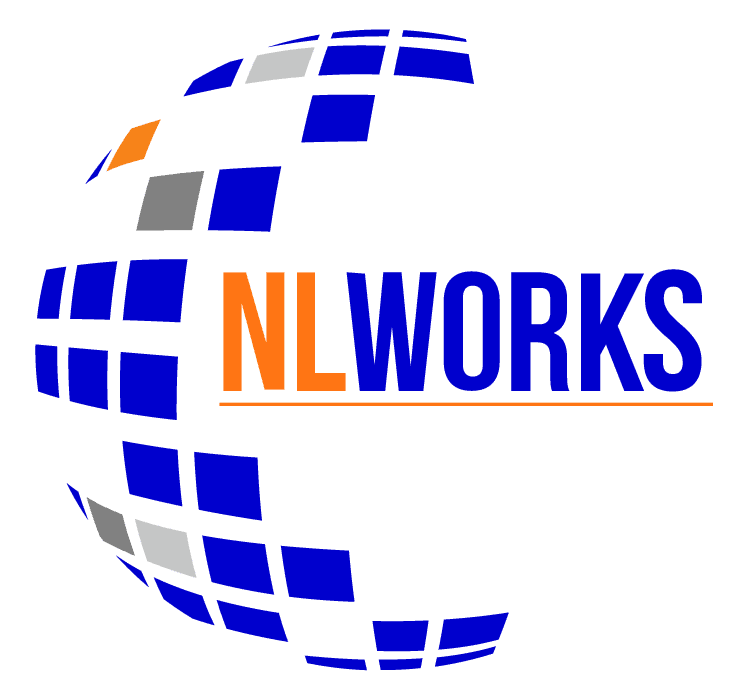
The Mekong River is Indochina’s main waterway. It flows from the Tibetan plateau in China and empties into the South China Sea. The water is used for agriculture and fishing, industry, and energy. No measures have been taken yet to reduce the effect on the environment of these multiple uses, bringing increased environmental costs. The river supplies more than 60 million people, including the people of Vietnam. There is a growing demand for a (national) sustainably-cultivated healthy and safe food supply for the growing Vietnamese population.
Need for action
Vietnam’s population is currently 97.3 million and is growing by 1% every year. Life in the Mekong Delta mainly takes place on the water and in the rice fields. The Mekong Delta region boasts the highest population density in the country, with abundant rice fields spread across the waterways. This region is responsible for producing over 50% of the rice sold in Vietnam, earning it the nickname of the “rice barn” of the country.
There’s currently a growing demand for a (national) sustainably-cultivated healthy and safe food supply for the growing Vietnamese population.
Social and economic opportunities
The Vietnamese Government Resolution 120 and the Vietnam-Netherlands Mekong Delta Agricultural Transformation Plan (MD-ATP) have set out a goal to foster climate-resilient and sustainable development in the Mekong Delta. This includes a shift towards modern agri-business specialization and an agricultural transition towards vertically-integrated value chains.
The Lowlands Delta AGTech Development track aims to combine Orlar’s locally-developed rootzone temperature-controlled low-energy cultivation technology with Dutch greenhouse technology. By doing so, it enables economically viable and net-zero cultivation in the challenging climatic environment of the Mekong Delta. The program is designed to meet the local and national demand for safe and healthy food while also contributing to both the Vietnamese Government Resolution 120 and the MD-ATP initiative.
There are two other tracks within the program:
- Capability and capacity building of local growers;
- and supply chain development all (in)directly contribute to the modernization of agribusiness and vertical integration of the value chain.
Public-private approach
Capability and capacity building of local growers
The local government in Vietnam has expressed a strong commitment to encouraging and supporting cooperatives. For example, there is an requirement for at least 5 cooperatives per region, but although the regions meet this as a requirement, the cooperations are not very operational in practice.
Dutch knowledge and expertise can significantly contribute to improving the quality and effectiveness of cooperatives. In the Netherlands, rural cooperatives played a crucial role in modernizing the countryside and empowering farmers. By sharing their knowledge and expertise, the Dutch can make a valuable contribution towards encouraging and supporting cooperatives in Vietnam.
In addition to supporting agricultural cooperatives, there is also a focus on capacity building through a tailored tech approach that provides Dutch knowledge, skills, and technology in the field of controlled environmental agriculture (CEA). This approach aligns with the NL/VN/UN Mekong Delta Regional Master Plan’s commitment to agricultural transformation. A steppingstone model allows farmers at all levels to navigate the different levels of CEA, from low-to-mid tech, and improve their farming practices.
Supply chain development
To counter food waste and support the Mekong Delta Regional Master Plan’s commitment to developing sustainable value chains in agriculture, we also look at supply chain development (e.g. looking at the chain from farm to fork). Here the focus will be on further developing the existing ecosystem and offering Dutch knowledge, expertise, and technology when it comes to post-harvest services.
Our role
A collaborative approach is necessary to bring (additional) international public and private partners (and finance and funding institutions) together to collectively work on Vietnamese sustainable horticulture.
We have already successfully identified and introduced Dutch greenhouse tech suppliers for the Mekong project.
NLWorks will bring Vietnamese and Dutch public (G2G) and private partners together, assist in modeling a scalable licensing construction, replication, and enrichment of the initiative, further assist in securing funding and financing, attract and connect the bilateral knowledge institutes and align the program within the broader concept of Dutch-Vietnamese cooperation in the Mekong Delta region.
Orlar International received funding from Invest International to complete a pilot project to demonstrate that the combined Dutch high-tech solution with Orlar’s technology can successfully produce safe food at low altitudes in the Mekong Delta (Vietnam). This should result in a scalable product blueprint for the region.
Partnership developer


Sustainable development goals (SDGs)



